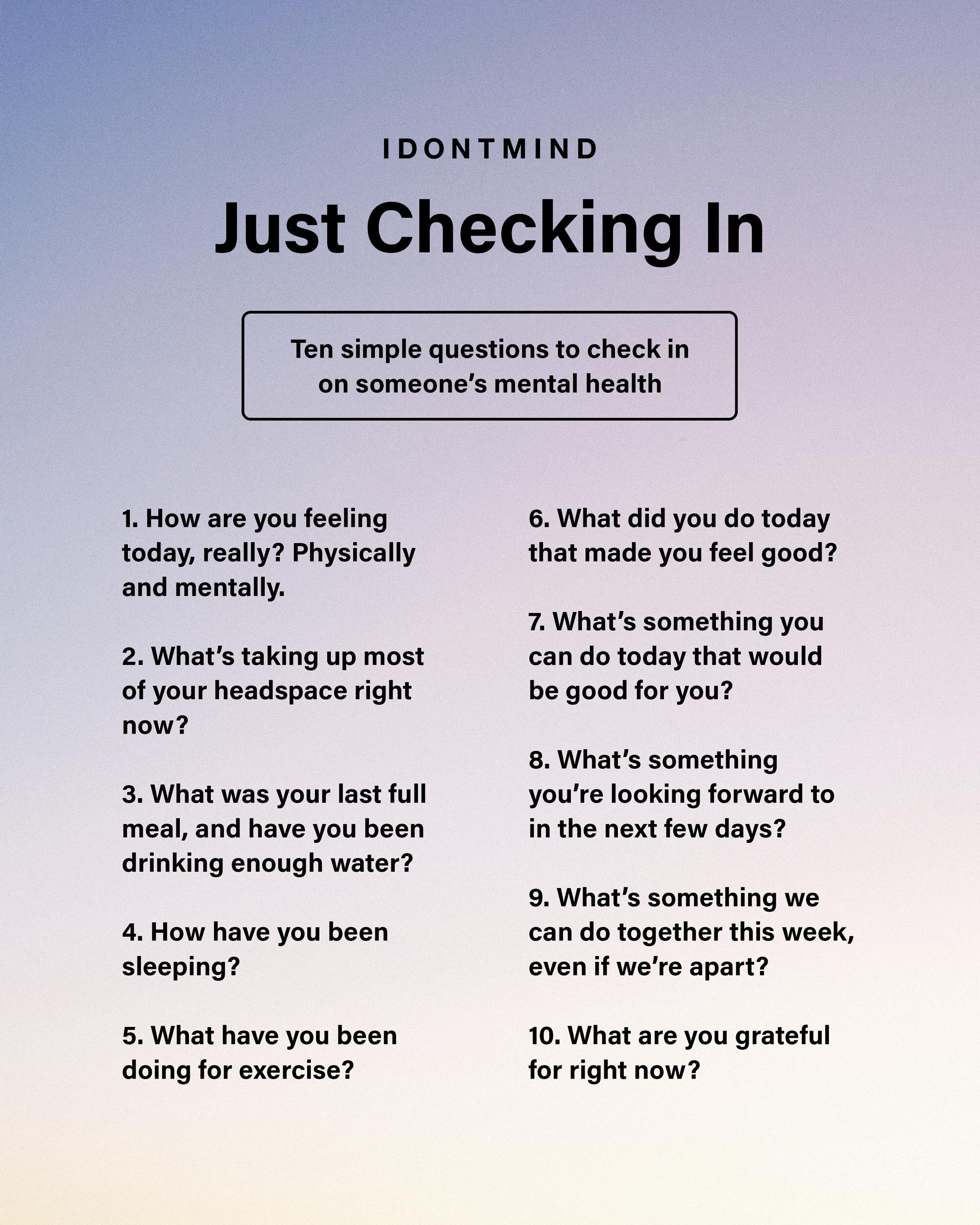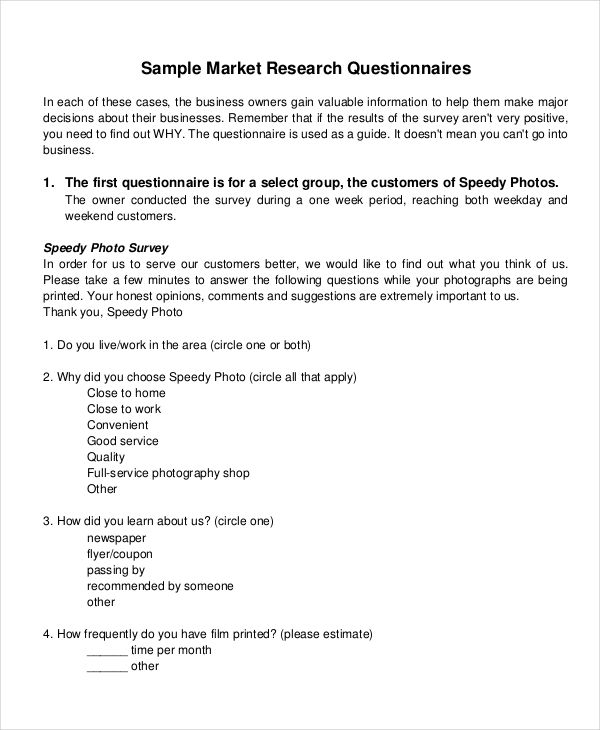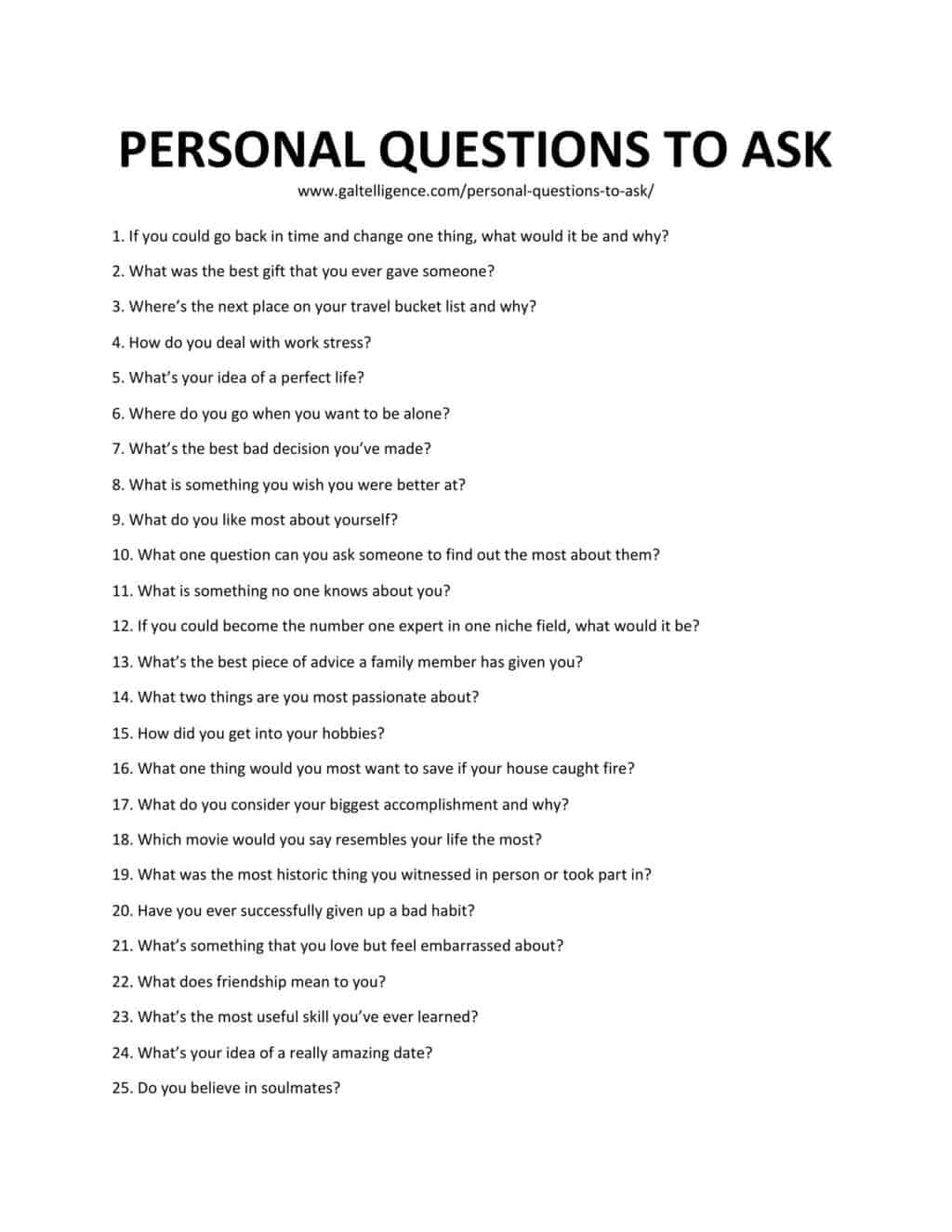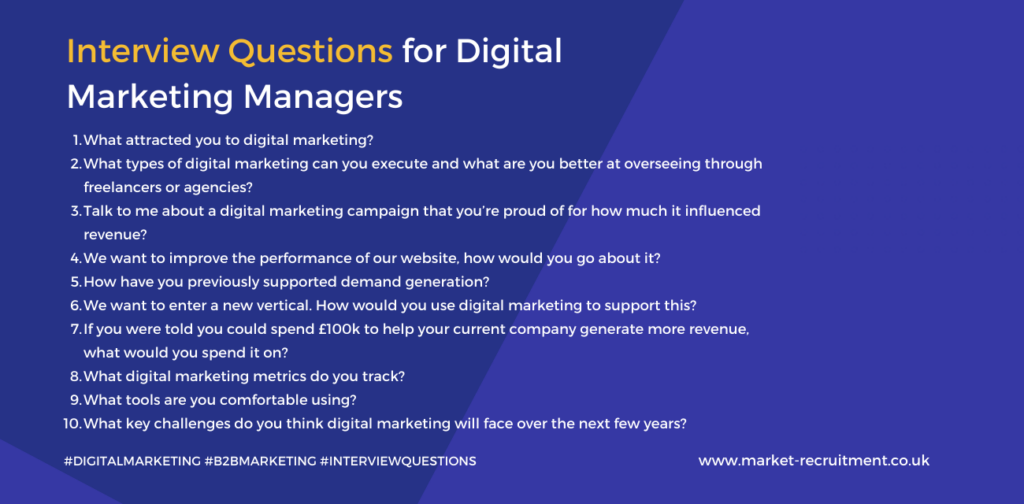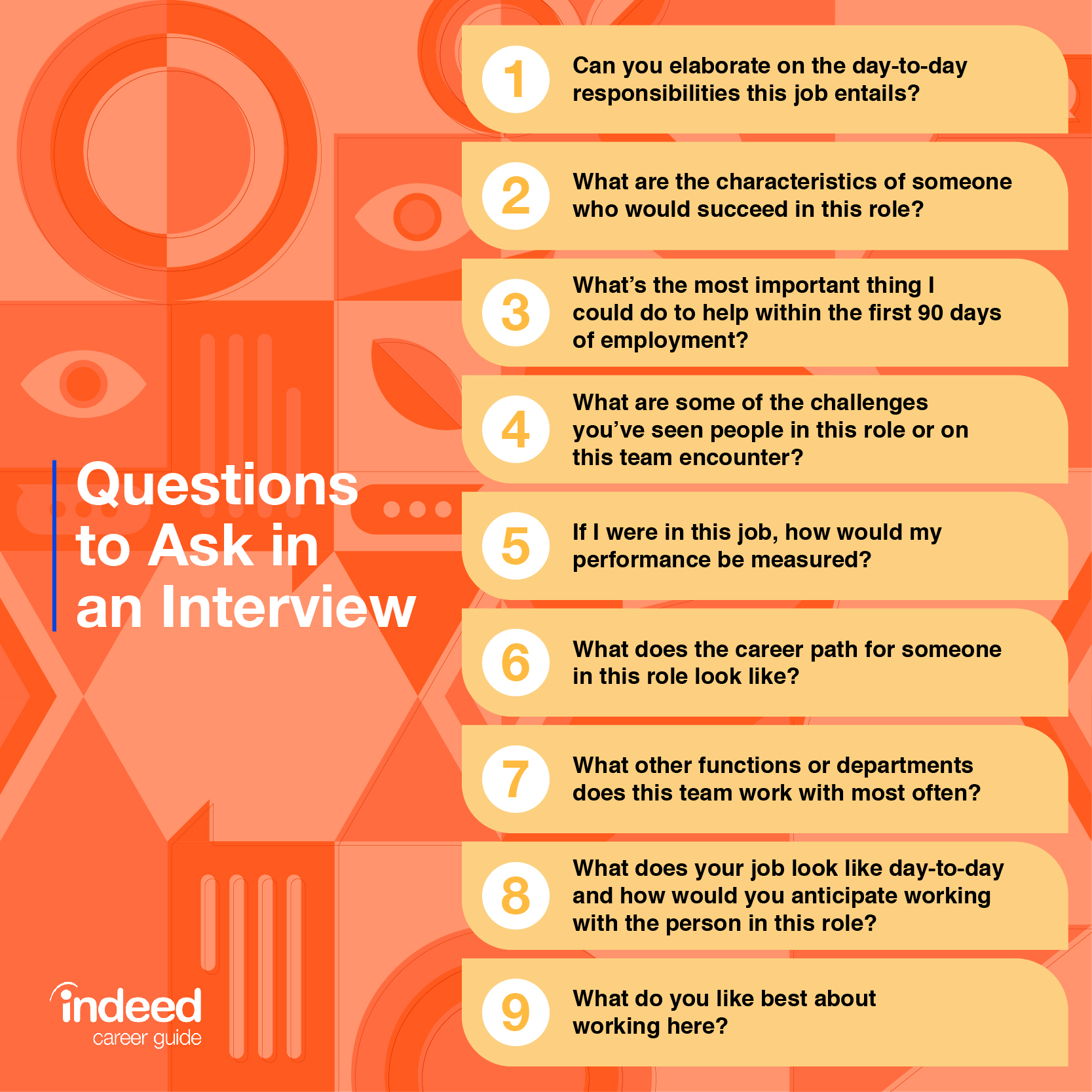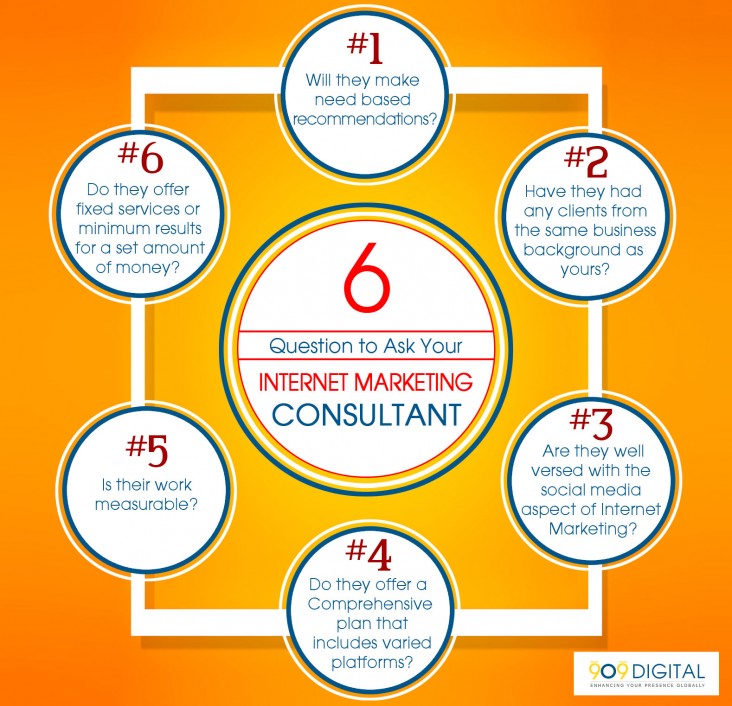Questions To Ask Someone In Marketing
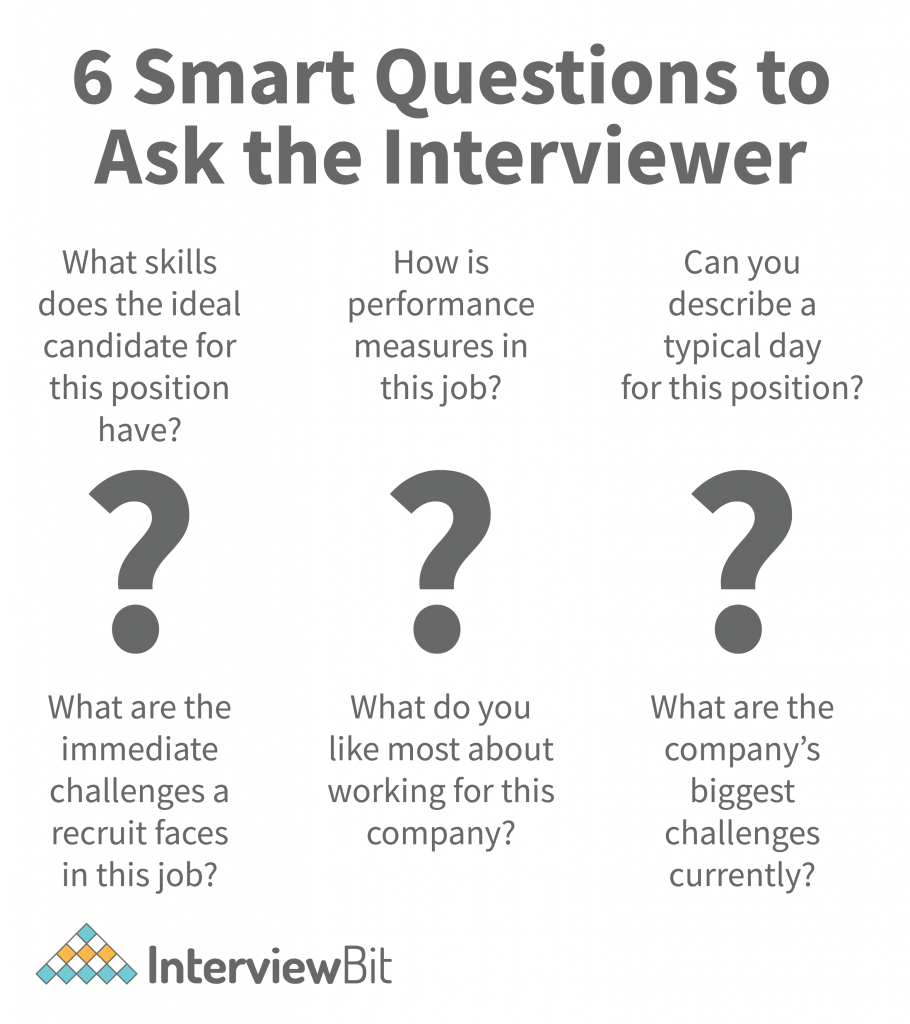
The marketing landscape is in constant flux, demanding professionals who are not only creative but also analytical, adaptable, and deeply understanding of consumer behavior. Hiring the right marketing talent is crucial for any organization aiming to thrive in today’s competitive market. But how do you ensure you’re asking the right questions to identify candidates who possess the skills and mindset to drive success?
This article explores essential questions to ask potential marketing hires, focusing on unveiling their strategic thinking, understanding of key marketing principles, experience with relevant tools and technologies, and ability to navigate the ever-changing digital world. This is more than just a list of questions; it's a guide to uncovering the true potential of marketing candidates and ensuring they are the right fit for your organization.
Strategic Thinking and Planning
Strategic thinking is paramount in marketing. The ability to develop comprehensive plans and align them with overall business objectives is a critical skill.
Question: "Describe a time you developed a marketing strategy that significantly impacted business goals. What were the key challenges, and how did you overcome them?"
This question reveals the candidate's ability to not only strategize but also to execute and adapt when faced with obstacles. Listen for details on how they defined target audiences, allocated resources, and measured results.
Another insightful question delves into their understanding of market analysis:
Question: "How do you typically approach market research and competitive analysis before developing a marketing campaign?"
The answer should showcase their familiarity with tools like SWOT analysis, PESTLE analysis, and various market research methodologies. It will also reveal their process of gathering and analyzing data to inform strategic decisions.
Core Marketing Principles and Execution
Beyond strategic thinking, a solid grasp of fundamental marketing principles is essential. This includes understanding the marketing mix, branding, and customer relationship management.
Question: "Explain your understanding of the marketing funnel and how you would optimize it for lead generation and conversion."
A strong candidate will demonstrate a clear understanding of the different stages of the funnel (Awareness, Interest, Desire, Action) and how to tailor marketing efforts to each stage. This reveals their knowledge of customer journey mapping and their ability to apply it practically.
Another important area is branding:
Question: "How would you approach building and maintaining brand consistency across different marketing channels?"
This question probes their understanding of brand guidelines, messaging, and the importance of a unified brand experience. Look for answers that emphasize the need for clear communication, consistent visuals, and a deep understanding of the target audience.
Digital Marketing Expertise
In today’s world, digital marketing skills are indispensable. Knowledge of SEO, SEM, social media marketing, email marketing, and content marketing are essential.
Question: "Describe your experience with different social media platforms and how you would develop a social media strategy for a specific industry."
This tests their platform-specific knowledge, content creation skills, and understanding of social media analytics. The ability to tailor strategies to specific industries demonstrates adaptability and a client-centric approach.
Consider inquiring about their analytical skills:
Question: "How do you measure the success of a digital marketing campaign, and what metrics are most important to you?"
The answer should include key performance indicators (KPIs) like click-through rates (CTR), conversion rates, cost per acquisition (CPA), and return on ad spend (ROAS). This showcases their ability to track progress, analyze data, and make data-driven decisions.
Adaptability and Learning
The marketing landscape is constantly evolving, making adaptability and a willingness to learn crucial traits. Candidates must be able to adapt to new technologies, algorithm updates, and changing consumer behaviors.
Question: "How do you stay up-to-date with the latest trends and changes in the marketing industry?"
Listen for examples of how they actively seek out new information, attend industry events, and participate in online communities. A proactive approach to learning is a strong indicator of future success.
Finally, gauge their ability to learn from failure:
Question: "Describe a time when a marketing campaign you worked on didn't achieve its goals. What did you learn from the experience, and how would you approach a similar situation differently in the future?"
This reveals their ability to analyze failures, identify areas for improvement, and learn from their mistakes. Honesty and a willingness to admit shortcomings are positive signs.
Conclusion
Asking the right questions is paramount to identifying marketing professionals who can drive real results. By focusing on strategic thinking, core marketing principles, digital marketing expertise, and adaptability, organizations can ensure they are hiring individuals equipped to navigate the complexities of today's dynamic marketing landscape. The key is not just to find candidates with the right skills, but those with the right mindset and a passion for driving growth and innovation.

